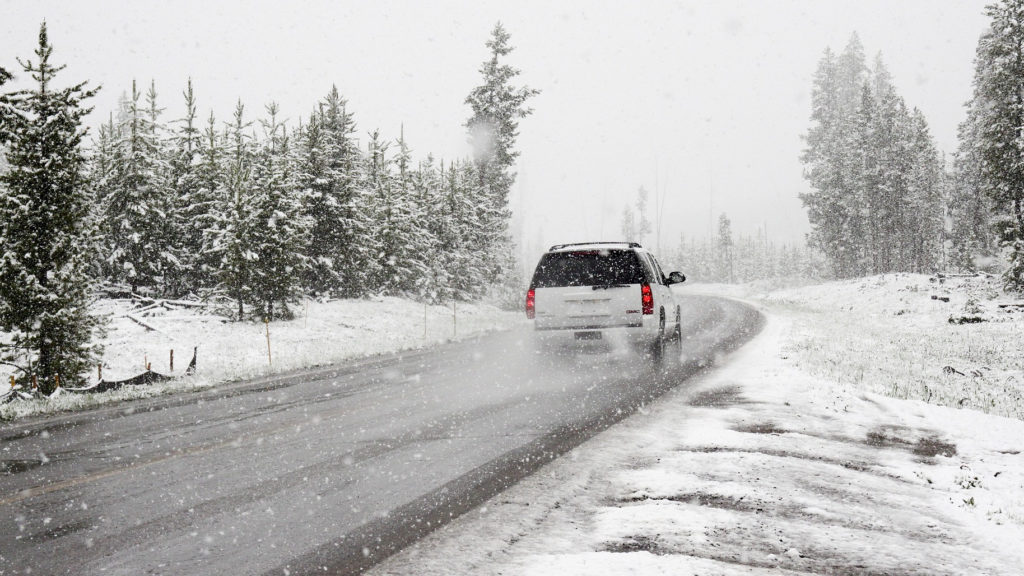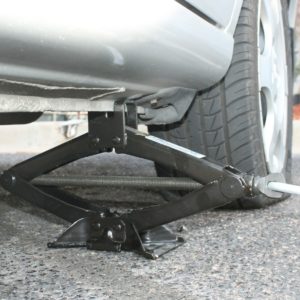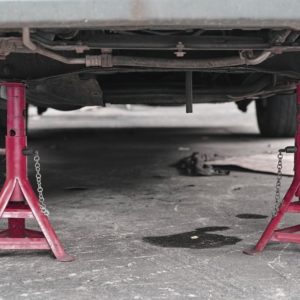How Often Should You Wash Your Car in the Winter?
There are a lot of myths surrounding this subject with some people claiming that you should rarely wash your car in the winter and others – that you should wash it more frequently. Our answer? Wash your car at least as frequently in the winter as you would in the summer.
Of course, the exact number of days or weeks between each wash will vary greatly depending on where you live, whether you keep your car outside or in a garage, and how often you use your car. So, while we’d be hesitating to give you a concrete number of washes per month or per season, we’d simply say that you shouldn’t wash your car more or less just because the season has changed. There are as many reasons to wash your car in the winter as there are in the summer – they are just different ones. So, on average, at least one thorough wash every several weeks is more than advised.
Why should you wash your car so often in the winter?
The main reason why it is vital to wash your car frequently during the winter months are:
- There is a lot of moisture and water on the roads and in the air in the winter. Of course, when we talk about winter we’re talking about proper winters – with lots of snow and ice everywhere you live. If you live in a state or country where you have dry winters with little to no snow – this doesn’t really apply for you. However, if it’s frequently snowing in the winter, then the moisture in the air will be very increased throughout the whole season. And said moisture is dangerous for your vehicle as it causes rust.
- The slushy winter roads allow for dirt to build up much quicker in the lower portion of your car during winter. For that reason, if there’s a lot of slush where you frequently drive through you might want to wash your vehicle even more often in the winter than you would in the summer.
- During the winter months there tends to be a lot of salt on the roads to prevent the danger that ice presents. That’s great for us, as drivers, but it’s not that great for our cars. The reason for this is once again the potential for rust. While salt or salty water doesn’t really cause metals to rust directly, the salt does accelerate the rate of the rusting process because it allows electrons to move more freely through salty water than they due through pure water. Here is an extensive article on the Sciencing about that phenomenon.
So, in short – how often should you wash your car in the winter? As often as you can to prevent rusting.
Why do some people say you shouldn’t wash your car in the winter too often
The concern a lot of people have with washing your car in the middle of winter is the same as the reason why you should do it – rusting. There are many people who are worried that washing your car in the dead of winter will increase the amount of moisture and water on it that can cause rust.
 Additionally, there’s the fear that some key components in your car might freeze over if you wash it when it’s cold outside.
Additionally, there’s the fear that some key components in your car might freeze over if you wash it when it’s cold outside.
These are both valid concerns – both freezing and rusting are possible after washing your car in the winter. However, they are not good reasons not to wash your car. Instead, they are reasons for washing your car properly. And so, with that in mind:
How should you wash your car in the winter?
Now that we’ve answered the “How often to wash a car in winter?” question, let’s answer the arguably more important question of how you should go about it.
And the answer here is – very, very carefully.
Because there are certain risks that go with washing your car in the winter, doing so must be done with a great deal of care. Furthermore, it’s not just the risk of rust or freezing that bothers most car owners – it’s also the freezing cold that makes washing your car an outright nightmare. With that in mind, even if you’re one of those car owners that prefer to wash their cars on their own, we’d definitely advise you to consider visiting a car wash instead during the harsher winter months. This can both save you a lot of time and unpleasantries, as well as help you be more thorough and not skip a step due to rushing things in the freezing cold.
Still, we’ll give you several more concrete pointers, regardless of where and how you’re washing your car:
- Pick warmer days for washing your vehicle. To prevent freezing you should always wash your car in the warmest days of winter. This means always paying attention to the weather forecast and keeping in mind when you last washed your car. This way, even in situations where you didn’t intend to wash your car soon if you notice that you won’t have another good opportunity in the next couple of weeks, it’d be smart to wash your car while you still can. It’s better to wash it sooner than you needed to than risk not washing it soon enough.
- Always dry off your car as well as possible after each wash. Towels, air driers, anything you have at your disposal that could be useful should be used to dry off your car perfectly. Leaving even just a bit of excess moisture on or in your vehicle can have a disastrous later down the line.
- Be thorough and methodical. Yes, it takes time and it’s annoying, and it’s cold, but even a bit of ice on the corner of the window or a tiny bit of rust on your undercarriage can lead to horrible situations later down the line.
Additional tips for winterizing your vehicle
It is unfortunate, but simply washing your car frequently and thoroughly may not be enough. Here are several other tips for keeping your car in good condition during the winter months.
- Apply a good quality protective wax after washing and drying your car. Or, at least do so before the start of winter. This will help protect your vehicle from holding onto moisture and rust, as well as freezing.
- Applying anti-fogging coating on your windscreens and windows is also a literal life-saver. To that end, replacing the window washer fluid with de-icing fluid before the start of winter is also smart.
- Replacing the carpet mats of your car with rubber mats and putting protective covers on your seats is great before winter in general, as it will help prevent a fair bit of water and moisture from seeping into the seats and the carpeting of your vehicle. Cleaning yourself properly from snow, ice, and water before entering your car is also a must.
- Don’t leave your car outside if you can. A lot of people don’t own a garage and that’s fine most of the time but it can be a problem during winter. If you can rent a garage for a couple of months, especially for the nights, you can help protect your car quite a bit.
- Floor Jack Storage Ideas and Tips - November 19, 2019
- Tips for Using a Car Jack - November 12, 2019
- How Often Should You Wash Your Car in the Winter? - November 5, 2019




Leave a Reply